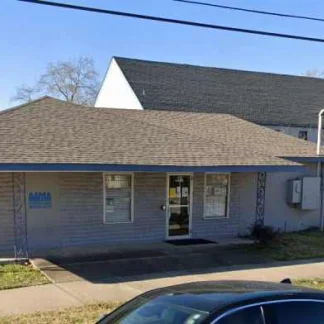Innovative Alternatives - Community Family Center
Innovative Alternatives - Community Family Center is a non-profit outpatient cli...
AAMA – Project Tejas is a private rehab located in Houston, Texas. AAMA – Project Tejas specializes in the treatment of alcoholism, drug addiction, opioid addiction, and substance abuse.
Contact us for more information: (713) 926-9491

Connect with AAMA - Project Tejas by calling their admissions team directly.
(713) 926-9491 Website Get DirectionsResearch clearly demonstrates that recovery is far more successful and sustainable when loved ones like family members participate in rehab and substance abuse treatment. Genetic factors may be at play when it comes to drug and alcohol addiction, as well as mental health issues. Family dynamics often play a critical role in addiction triggers, and if properly educated, family members can be a strong source of support when it comes to rehabilitation.
Group therapy is any therapeutic work that happens in a group (not one-on-one). There are a number of different group therapy modalities, including support groups, experiential therapy, psycho-education, and more. Group therapy involves treatment as well as processing interaction between group members.
Group therapy is any therapeutic work that happens in a group (not one-on-one). There are a number of different group therapy modalities, including support groups, experiential therapy, psycho-education, and more. Group therapy involves treatment as well as processing interaction between group members.
Innovative Alternatives - Community Family Center is a non-profit outpatient cli...
Riverside General Hospital Houston Recovery Campus is a non-profit rehab located...
Toxicology Associates – Caroline Clinic is a private rehab located in Houston, T...
Shamar Hope Haven Residential Treatment Center is a private rehab located in Hou...